Keywords: Anti-Discrimination
-

RELIGION
- Frank Brennan
- 30 August 2017
6 Comments
'There was one controversy in which Lionel Bowen was involved that does provide good lessons for the contemporary Catholic considering the desirable law or social policy on a contested issue - lessons for the citizen weighing what is for the common good. Back in 1979 there was debate in the Parliament on a motion which was framed to stop Medicare funding of abortions. Bowen, a strict Catholic, was strongly opposed to the motion. He did not think the motion was about abortion. He thought it was about money.' Frank Brennan's 2017 Lionel Bowen Lecture
READ MORE
-
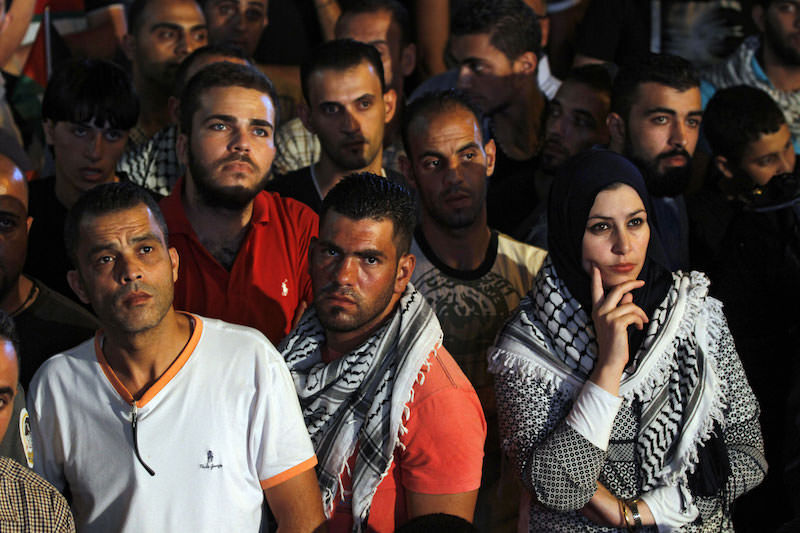
INTERNATIONAL
- Na'ama Carlin
- 20 July 2017
22 Comments
Speak out against Israeli policies towards Palestinians and you are betraying fellow Jews. This narrative is common, and we see it today in relation to human rights organisations in Israel. It is not new. The same thing occured decades ago, when scholar Gershom Scholem accused Hannah Arendt, the author of Eichmann in Jerusalem, of lacking 'love of the Jewish people'.
READ MORE 
-
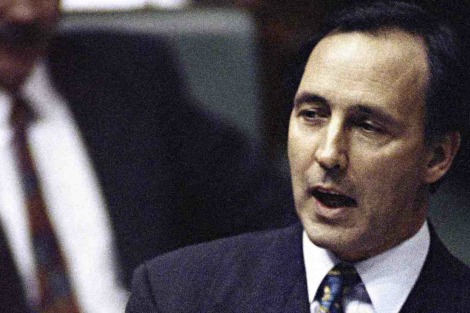
RELIGION
- Frank Brennan
- 14 March 2017
24 Comments
The debate over section 18C of the Racial Discrimination Act (18C) has gone on for far too long. It's time to bring it to a close. To date, I have been silent in the present debate, in part because I was a critic of such legal provisions when they were first proposed in 1992 and again in 1994. I have since been convinced that a provision like 18C could be designed to target racial vilification, leaving offensive insults beyond the reach of the law in a robust democracy committed to freedom of speech.
READ MORE 
-

AUSTRALIA
- Jack Maxwell
- 23 January 2017
25 Comments
Two issues can be dealt with shortly. First, ministers of religion must be free to solemnise marriages in accordance with their beliefs. Second, there is no basis for extending a similar concession to marriage celebrants. The case of commercial service providers is more complex. Many argue that caterers, florists, reception centres and so on should be free to refuse to participate in same-sex weddings, on the basis of their religious beliefs. The case for the commercial exemption is unconvincing.
READ MORE 
-
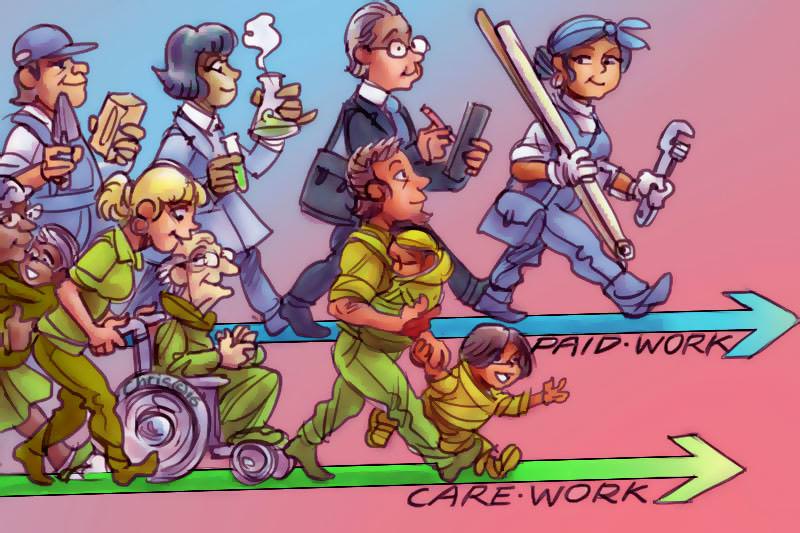
AUSTRALIA
- Kate Galloway
- 25 November 2016
2 Comments
Civil society requires care work. All of us, at various stages of our lives, will be dependent on others for our daily needs. Most of us will likewise care for others at some point. The challenge is how to allocate caring responsibilities throughout society, while allowing also for the paid work that secures economic independence. At the moment the tacit expectation that women will do unpaid care work - and that men (theoretically) are unburdened by care work - contributes to economic inequality.
READ MORE
-

RELIGION
- Frank Brennan
- 23 September 2016
18 Comments
'No good will be served by a royal commission auspiced by the state telling a Church how it judges or complies with its theological doctrines and distinctive moral teachings. By all means, set universal standards of practice expected of all institutions dealing with children, but do not trespass on the holy ground of religious belief and practice.' Fr Frank Brennan SJ addresses the Freedom for Faith Conference in Melbourne, 23 September 2016.
READ MORE
-

AUSTRALIA
- Joan Hume
- 08 September 2016
15 Comments
On 26 July this year of 19 severely disabled residents were massacred as they slept in their beds at a residential care facility in Sagamihara, Japan. A further 26 were wounded. The perpetrator, Satoshi Uematsu, a former employee sacked for his disturbing views about the residents, later boasted of his 'achievements': 'It is better that disabled people disappear.' Isn't there an ever present probability that without an inclusive and accepting community, without believing in our possibilities rather than seeing only our limitations, we will spawn the likes of another Satoshi Uematsu here?
READ MORE 
-
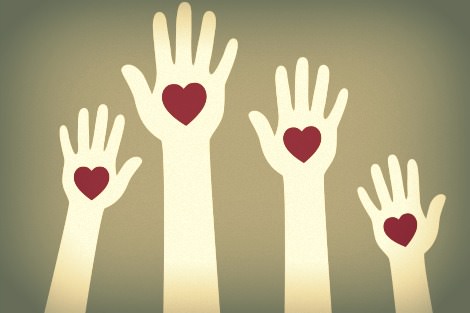
AUSTRALIA
- Frank Brennan
- 10 June 2016
46 Comments
Sadly, the major political parties have forfeited any claim to govern in their own right because they have caused such disillusionment among so many voters about other policy issues with strong moral overtones. Any voter impressed with Pope Francis' encyclical Laudato Si' or inspired by his visits to asylum seekers on the islands of Lampedusa and Lesbos could not blithely vote for either of the major parties, without first determining how to place some continuing political and moral pressure on them.
READ MORE 
-

AUSTRALIA
- Andrew Hamilton
- 09 June 2016
10 Comments
Election times are full of sound and fury, much of it broadcast on a loop. But they are also marked by silences. These silences indicate concealed perils in society. Asylum seekers and young Indigenous people are spoken about, often noisily, but always as the object of policy, not as people whose lives have been blighted by policy. The human beings who suffer are shrouded in silence. This silence is an ethical silence that covers people whom we want to keep out of mind.
READ MORE 
-
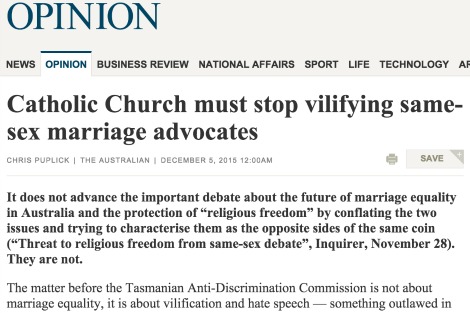
RELIGION
- Frank Brennan
- 11 December 2015
39 Comments
Chris Puplick, a former senator and former president of the NSW Anti-Discrimination Board, is one of a rising chorus expressing strong objections to the Australian Catholic bishops daring to evangelise and speak publicly about their views on same sex marriage. I too would be very upset if my bishops were saying, as Puplick claimed in an opinion piece in The Australian, that homosexuals are 'seriously depraved, intrinsically disordered, less than whole and messing with kids'. But they're not.
READ MORE 
-

AUSTRALIA
- Frank Brennan
- 10 December 2015
I first met this Tony on my regular visits here to Darwin when he was working at the North Australian Aboriginal Legal Aid Service and then when he set up the mediation services under the auspices of Anglicare. In later years I knew him when he was your Anti-Discrimination Commissioner. He was a quiet, considered, gentle, strong and principled man. On Human Rights Day, it is only fitting that I honour Tony by offering some reflections on the architecture for human rights in Australia, on the contemporary human rights controversies, and on the way forward for better protection of the human rights of Aborigines and asylum seekers, two marginalised groups who had a special claim on Tony's sympathies.
READ MORE
-

RELIGION
- Michael McVeigh
- 07 December 2015
45 Comments
At the moment, the conversation on marriage equality vs traditional marriage is being driven by extremists on both sides, people who see the struggle as a polarised conflict with the goal of overwhelming victory. But most of us would find that victory unattractive no matter which side is triumphant. Instead, we can choose not to press the button, and to work together to allow both same-sex couples and practising Christians to live their beliefs faithfully, to the fullest of their flourishing.
READ MORE 